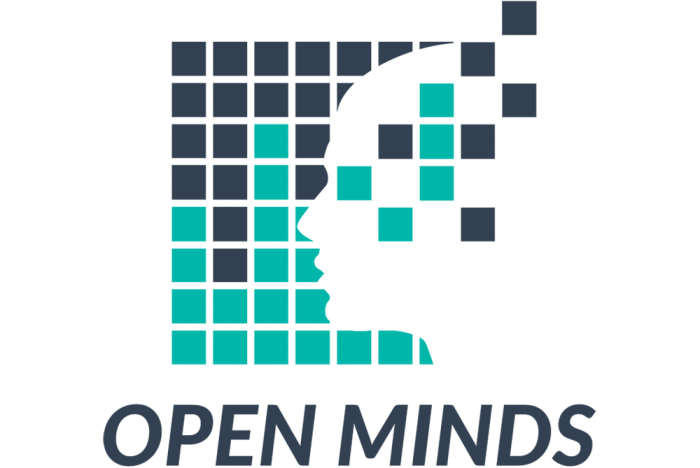The Office of Mental Health and Substance Abuse Services (OMHSAS) is pleased to release the Partial Hospitalization Regulatory Compliance Guide (RCG). This guide has been developed to provide clear explanations of the regulatory requirements of Title 55 Pa. Code Chapter 5210 “Partial Hospitalization” regulations. It is meant to help agencies providing partial hospitalization services with the goal of ensuring safe environments and effective services to individuals through regulatory compliance, and to help OMHSAS Licensing Representatives protect individuals served by these programs by conducting consistent and comprehensive inspections.
This guide is a companion piece to Title 55 Pa. Code Chapter 5210 regulations. It is intended to be a helpful reference for these regulations. The explanatory material contained in this guide in no way supplants the plain meaning and intent of the regulations set forth in 55 Pa. Code Chapter 5210.
The guide can be accessed here.
Feedback or questions on the RCG can be sent electronically. If you have additional questions, please contact RCPA COO and Mental Health Policy Director Jim Sharp.


















